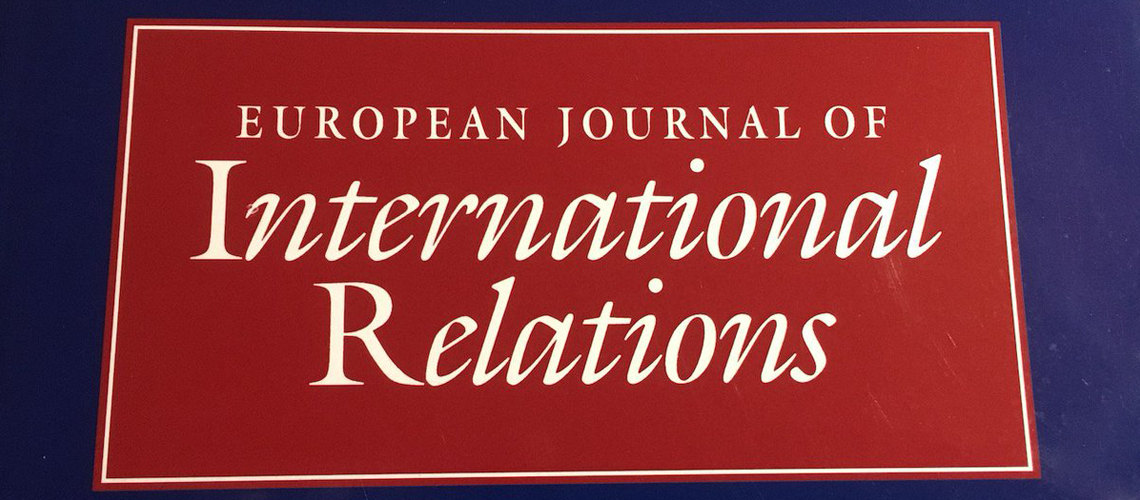Michal Natorski (University of Liège) has published a paper in the European Journal of International Relations. The work is titled “Epistemic (un)certainty in times of crisis: The role of coherence as a social convention in the European Neighbourhood Policy after the Arab Spring” and tackles how crises may precipitate institutional and policy changes.
The EU-IANUS’ researcher argues in the article that the role of coherence in policy ideas and institutional rules remains essential to understanding policy continuity. Particularly, the paper analyzes the role of coherence in the policy continuity of the European Neighbourhood Policy in the context of the Arab Spring and the changes in the institutional architecture of European Union foreign policy during 2010–2011.
Natorski is Marie Curie Research Fellow at the Department of Political Science of the University of Liège. He also participates as associate member in the research group Observatory of European Foreign Policy at IBEI. His research interests include the political sociology of the foreign policy of the European Union, social recognition in international politics and state–society relations in Eastern Europe.
Cite the article:
Natorski, M. (2015) “Epistemic (un)certainty in times of crisis: The role of coherence as a social convention in the European Neighbourhood Policy after the Arab Spring”, European Journal of International Relations, pp. 1–25.

